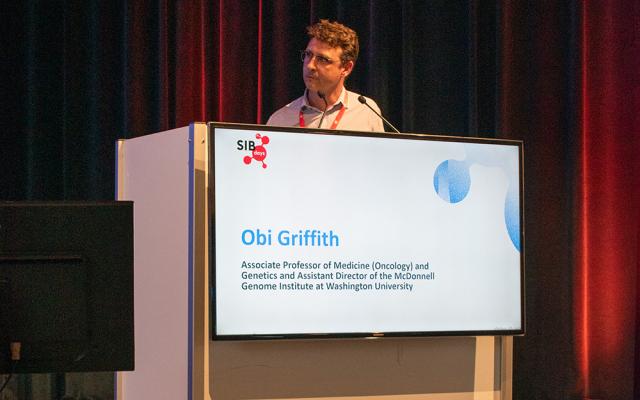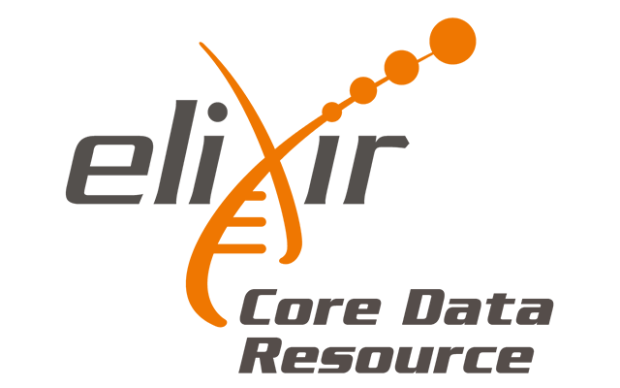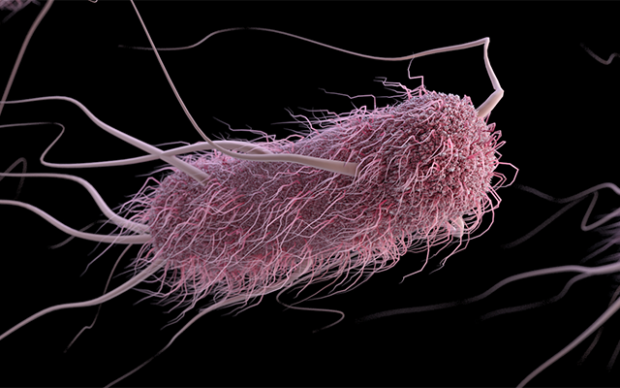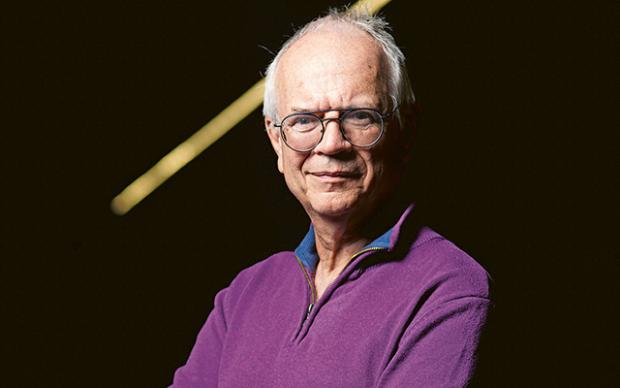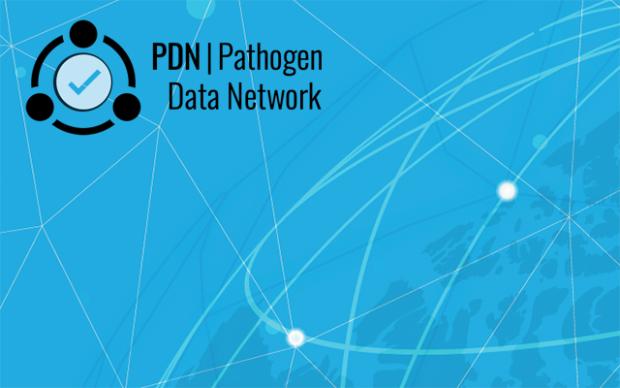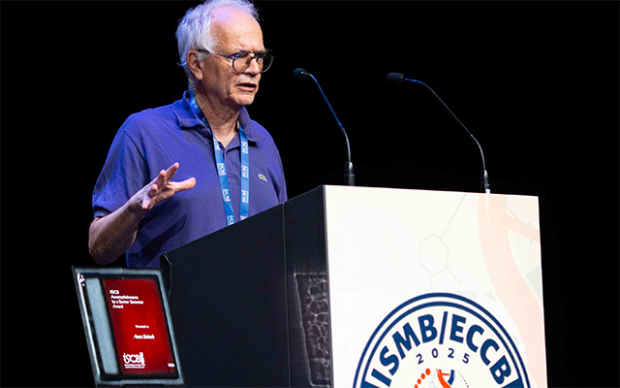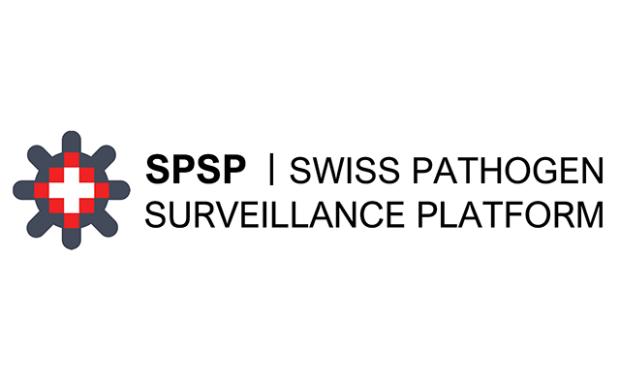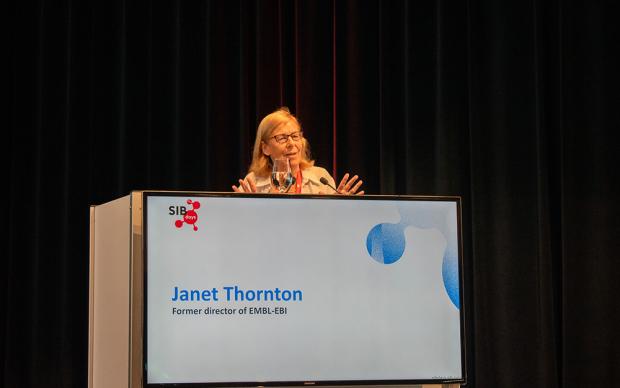Obi Griffith, Professor of Medicine and Assistant Director at the McDonnell Genome Institute in the Washington University School of Medicine, was invited as closing keynote for the SIB days 2024, the Swiss bioinformatics summit. We seized the opportunity to ask the co-leader of the Griffith Lab a few questions about the future of precision oncology. Interview.
SIB: You gave the closing speech for the SIB days 2024 about “Open Science Bioinformatics Resources for Precision Oncology”. Why did you choose this subject?
Obi Griffith: It's the subject of my research. It broadly represents my interest in applying open science approaches to solving problems for cancer patients and cancer research. The community or open science approach has certain advantages in terms of leveraging lots of bright minds. People are willing to volunteer their time in various ways through the academic enterprise. It maximizes the utility of the work by making it as freely and widely available as possible, including for both non-commercial and commercial purposes.
SIB: Bioinformatics is becoming increasingly central in oncology and medical sciences. How do you think the field will evolve to adapt and adjust to this new paradigm?
O.G.: I agree with the statement that bioinformatics continues to become more central to medical research and even medical practice to some extent. It has been like this for 15 or 20 years. People who are not inside bioinformatics are sometimes surprised by that. The problems just get more and more complex, and it increases the need for bioinformatics support over time. Training of bioinformatics skills is becoming more commonplace and more distributed to other disciplines.
Even now, as professor, I see young students joining medical school with computer science backgrounds, learning to program, or becoming competent in bioinformatics because they understand that medical and biological sciences are really data sciences now.
If you want to be effective in these disciplines, you need to understand the data science part. You need to have some bioinformatics competence yourself rather than just relying on someone else to handle that part for you.
SIB: Do you feel that the increasing ask for personalized medicine increases the need for data sciences in general?
O.G.: Definitely. Personalized medicine is a way of saying customized or bespoke medicine. Anytime something is custom, it's more complex. Imagine if there was a major movement in society towards custom clothing; today, everything is mass-produced in terms of consumer products, but in the old days, you would go and get everything tailored. In many ways, it was better, better clothes, better fitting, etc. Clothes for life, that you would have made just for you and maybe repaired over time. But much more expensive, of course.
Precision medicine is like that, which is great, except that we need highly trained tailors, and tools and skills that maybe otherwise don't exist. It makes the problem bigger because these things are hard to automate. Although, of course, we're working on that as well to try to scale precision medicine so that it can be automated in a more “production” way.
SIB: You visited our posters exhibition during the afternoon. Did something catch your eye?
O.G.: I had some great conversations at the posters. I talked with a SIB scientist, who was looking at a subset of colorectal cancers that had microsatellite stable tumors, but high tumor mutation burden. She was identifying this specific subset of colorectal cancer that might benefit from immune therapies. She happened to use a tool from our lab, which was nice to hear: she had implemented it in a new way to make it easier for people that use a specific kind of pipeline, which is something we had wanted to do but haven't done. I asked her to contact us about sharing notes so that maybe we can use her implementation of our tool in the way that she set it up.
I also talked about some training initiatives that are happening through the SIB. I'm very interested in the topic of education and training practices in bioinformatics, like what is the most effective way to give workshops or give online training. I got some notes about tools and modules they use to put online training materials together.
SIB: Your lab uses computational methods for the analysis of larger data sets to identify markers for diagnosis and drug response prediction in cancer. Do you feel more international efforts are needed in that field?
O.G.: There is lots of international collaboration already, but there could certainly be more. We are sometimes repeating each other's work in different parts of the world: you will see a group in America maybe develop a standard while at the same time a group in Europe develops a standard that both attempt to achieve the same thing and sometimes almost with the same solution. And then, each trying to advocate for the adoption of this standard. It would probably be more efficient to work together on such things.
SIB: And collaborations with SIB? How do you see SIB from the other side of the Atlantic?
O.G.: Of course. We already have worked with people affiliated with SIB. It is a powerhouse of bioinformatics. SIB is very famous for certain resources like UniProt, etc. but also because it is one of the best organized institutions of bioinformaticians. In America, if you total them up, we probably have more bioinformaticians. But there's no organization like SIB, coordinating efforts for training and for research of the whole bioinformatics enterprise nationwide.
Reference(s)
Image credit: Evren Kiefer


